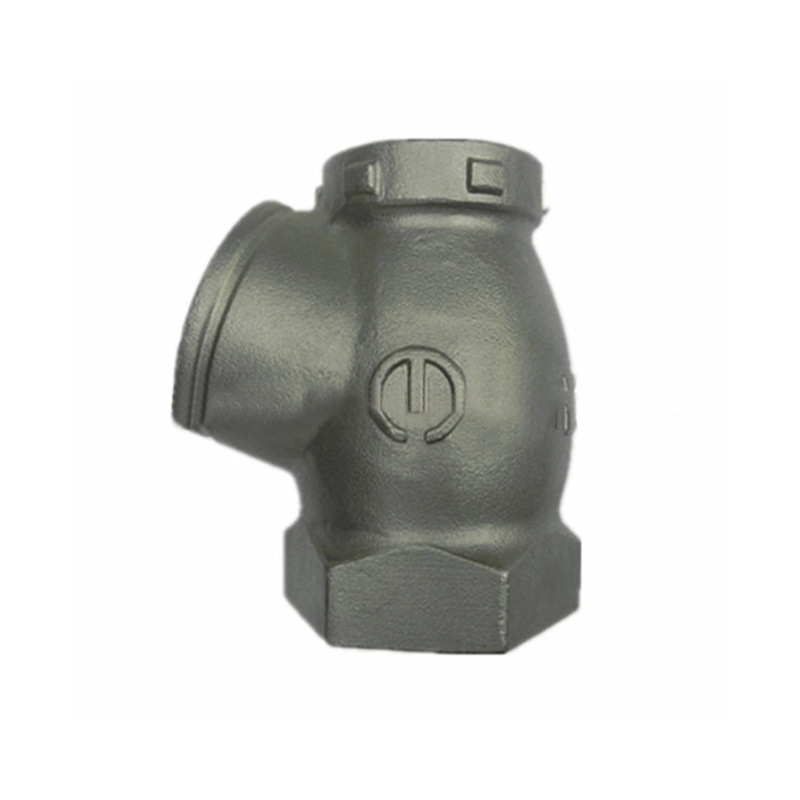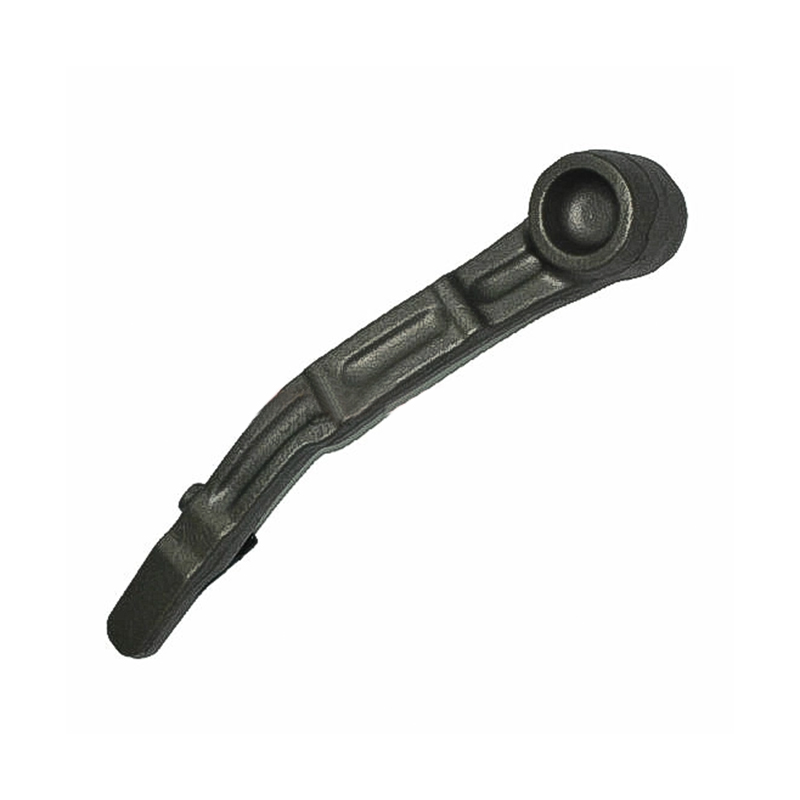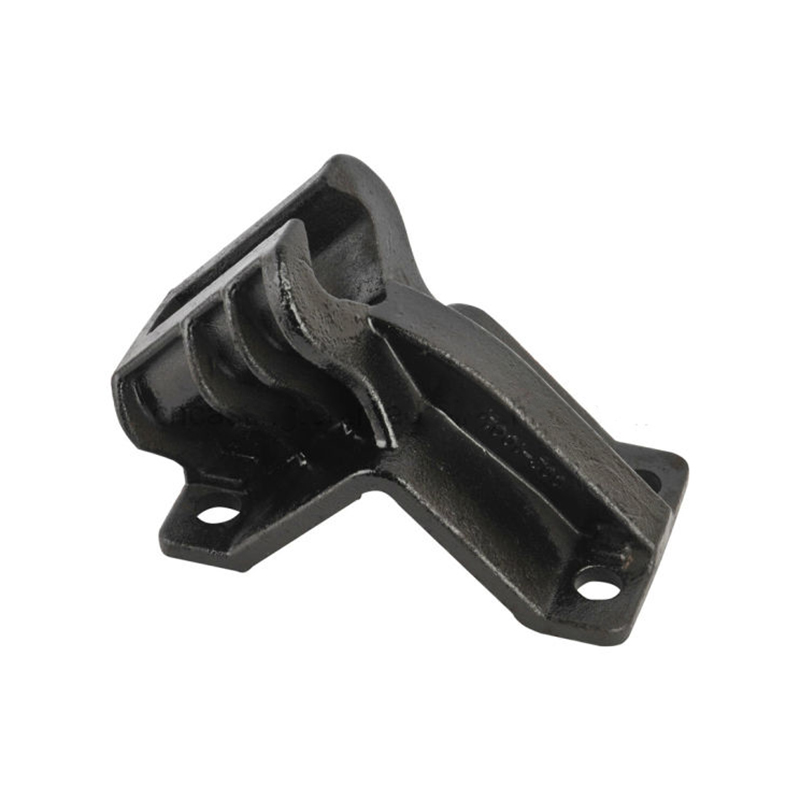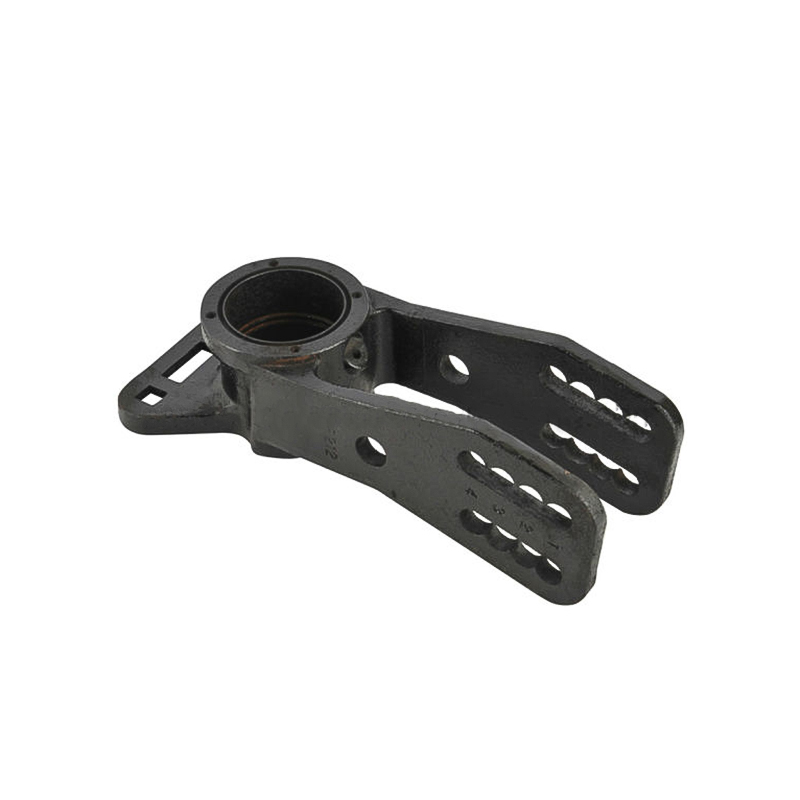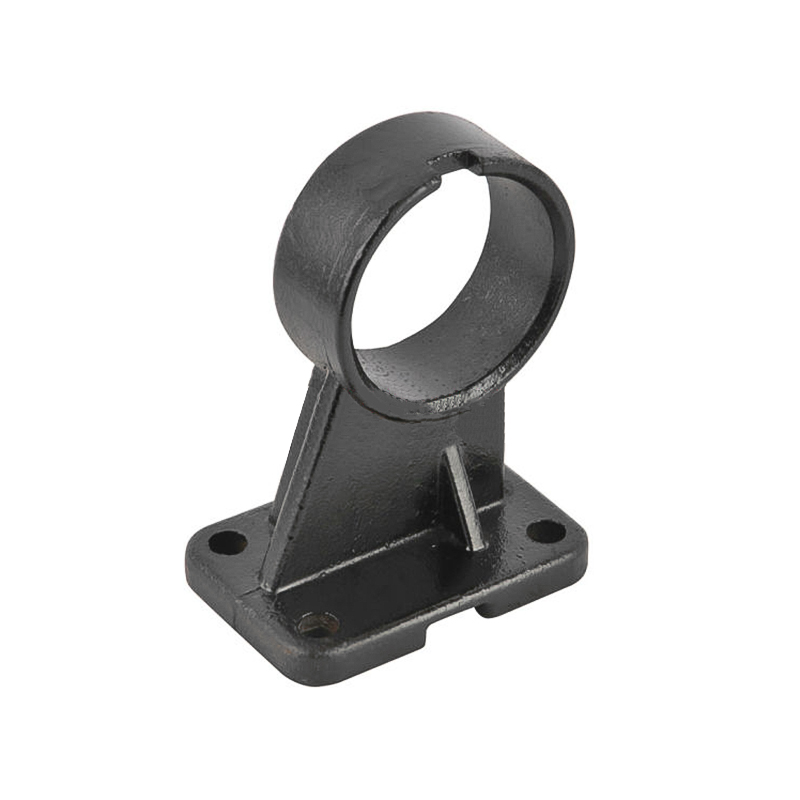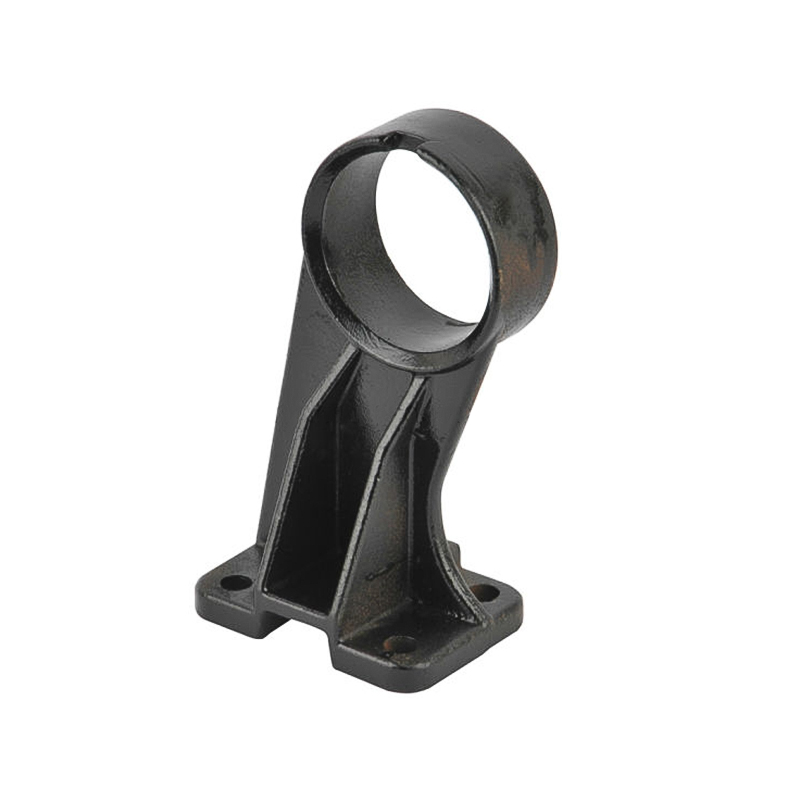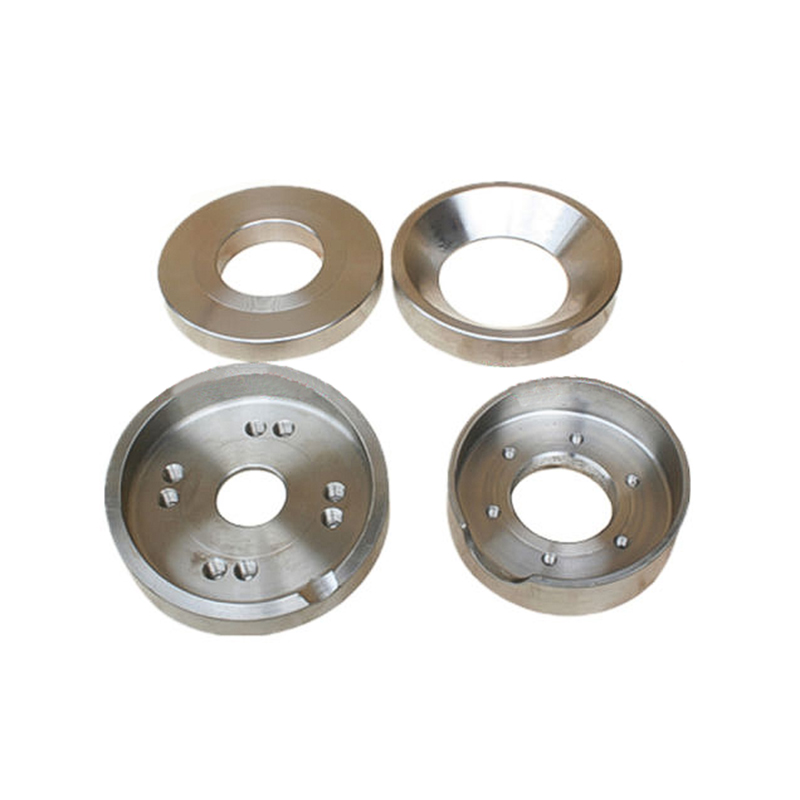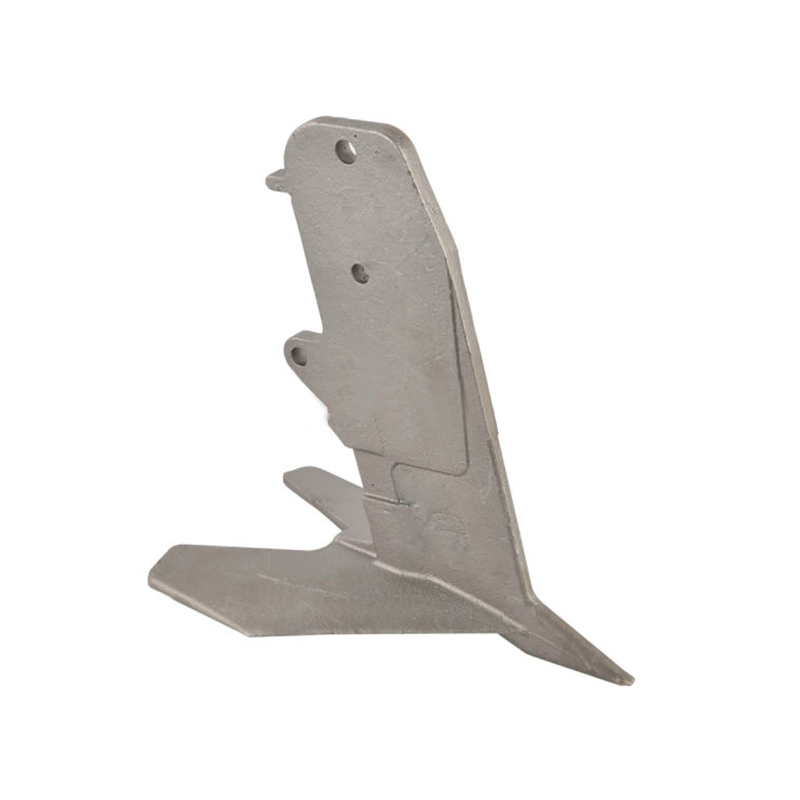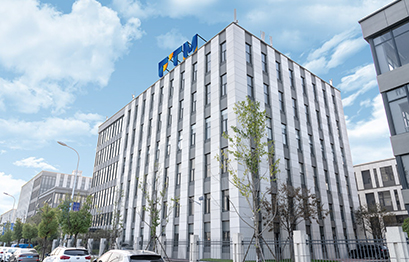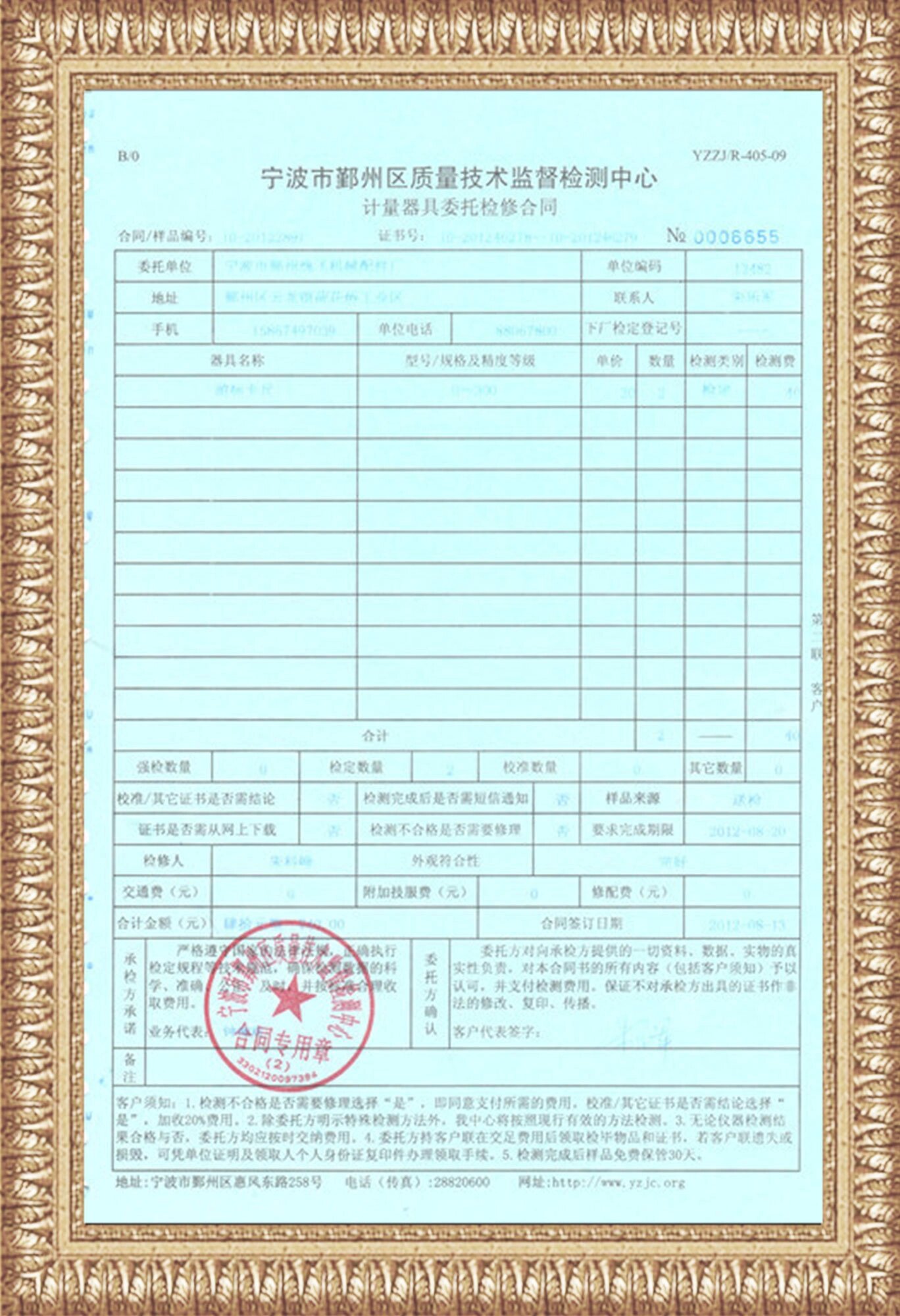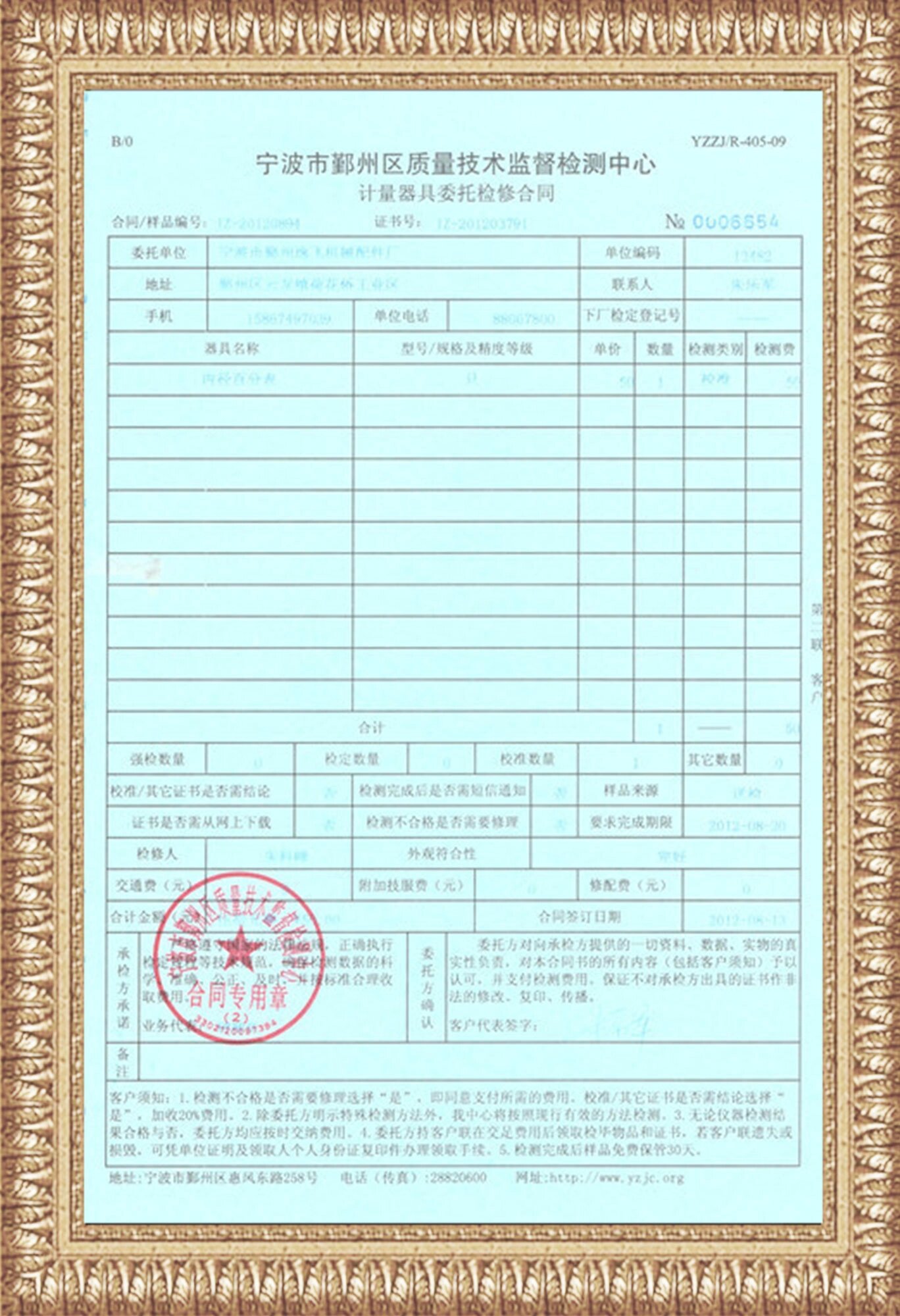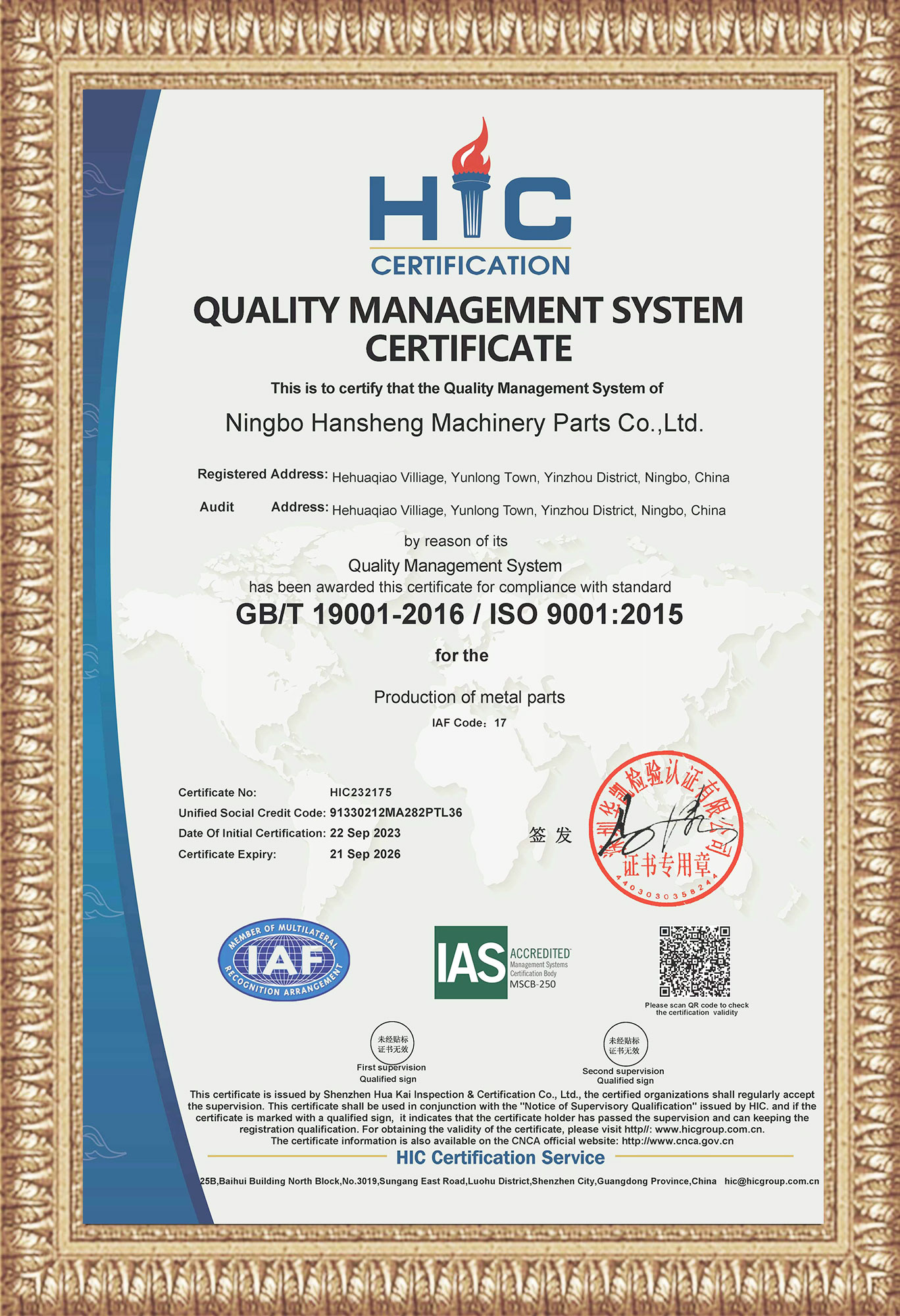What are the applications and characteristics of Agricultural Machinery Casting Parts?
Agricultural machinery casting parts play a vital role in modern agricultural production. With the continuous advancement of agricultural mechanization, the types and complexity of agricultural machinery are increasing, and the demand for casting parts for various agricultural machinery and equipment is also growing. These parts are mainly used in the core parts of agricultural machinery, such as engines, transmission systems, chassis supports, drive axles, gearboxes, etc., covering all aspects from plowing to harvesting, from sowing to fertilization.
The main materials of agricultural machinery casting parts include cast iron, cast steel and aluminum alloy. Cast iron has excellent casting performance, wear resistance and high density, so it is widely used in engine cylinders, gearboxes, chassis brackets and other parts; cast steel is often used in agricultural machinery parts that need to bear large loads, such as drive shafts, transmission systems, etc. due to its high strength, toughness and fatigue resistance; aluminum alloys are often used in some light parts, such as housings and covers, due to their light weight and good corrosion resistance.
Ningbo Hansheng Machinery Parts Co., Ltd.'s production services can provide customized castings, and its service areas cover multiple industries, including construction hardware, automobiles, and construction machinery. The company's customized services can manufacture agricultural machinery casting parts that meet high standards according to the different needs of customers. Through a variety of processes such as die casting, precision casting, sand casting and forging, it can meet the needs of different agricultural machinery and ensure that the parts have high durability and reliability.
These casting parts need to have good wear resistance, fatigue resistance and corrosion resistance to meet the requirements of agricultural machinery in complex operating environments. For example, tractors often face environmental factors such as soil, dust, and moisture during plowing and fertilizing. Therefore, the material and anti-corrosion treatment of castings are crucial. The power system and transmission system of agricultural machinery require casting parts to have sufficient strength to withstand high-load working conditions.
With the development of intelligent and automated agricultural machinery, the precision and complexity of agricultural machinery casting parts are also increasing. High-precision castings can ensure the smooth operation of agricultural machinery and equipment, reduce the failure rate, and thus improve production efficiency. Therefore, the application and characteristics of agricultural machinery casting parts are not only reflected in functionality and practicality, but also cover comprehensive requirements for precision, strength, durability and other aspects.
How is the manufacturing process and quality control of agricultural machinery casting carried out?
The production process of agricultural machinery casting parts usually adopts a variety of casting processes, including sand casting, precision casting, die casting and cast steel. These processes can meet the needs of different materials and complex designs while ensuring the precision of parts. In these casting processes, each method has its own unique advantages and disadvantages. According to the requirements of different parts, manufacturers will choose the most suitable casting method according to the process characteristics.
Sand casting is the most commonly used casting method. It is suitable for mass-produced castings at a low cost. By making a mold in sand, the molten metal is injected into the mold to form parts. Its advantages are simple operation and low cost, but due to the limitation of the mold, the surface finish is poor and the precision is slightly lower.
Precision casting uses wax molds or resin sand molds for casting, which can produce castings with high precision and good surface finish. Precision casting is suitable for parts with high requirements on size and surface, and is usually used to produce key parts such as engine cylinders and gears.
The die casting process injects molten metal into a metal mold through high pressure, which is suitable for casting light alloy materials such as aluminum alloys, and can produce parts with high dimensional accuracy and smooth appearance in a short time. Die casting is mainly used for some castings that require high precision and large output.
In the casting process, quality control is very important, especially in the production of agricultural machinery casting. Quality control mainly includes the following aspects:
1. Raw material control: Ensure that the metal raw materials used meet the standards and contain appropriate alloy components to ensure the mechanical properties of the castings.
2. Casting process monitoring: According to the requirements of the casting process, strictly control key process parameters such as melting temperature, injection pressure, and casting temperature.
3. Dimensional accuracy and shape detection: Use advanced testing equipment, such as three-coordinate measuring instruments, to accurately measure the castings to ensure that the size of each component meets the design requirements.
4. Nondestructive testing: Through nondestructive testing technologies such as X-ray and ultrasonic, check whether there are defects such as pores and cracks inside the casting to avoid affecting the strength and durability of the parts.
Ningbo Hansheng Machinery Parts Co., Ltd. focuses on quality management and has established a quality assurance system that meets ISO9001:2000 standards. Through strict production and quality control, it is guaranteed that every casting can meet customer needs and meet high quality requirements.
What is the future trend of the agricultural machinery casting industry?
The agricultural machinery casting parts industry is developing in multiple directions, mainly including lightweight, intelligent and environmentally friendly. With the continuous advancement of agricultural mechanization, traditional heavy agricultural equipment is gradually developing in a lighter and more efficient direction, which requires casting parts to not only have sufficient strength and durability, but also to achieve lightweight design to reduce energy consumption, improve fuel efficiency and operating efficiency.
Lightweight design is an important development trend in the current casting industry. Traditional cast iron and cast steel materials are gradually replaced by lighter alloy materials, such as aluminum alloys and magnesium alloys. These lightweight materials can significantly reduce the weight of agricultural machinery, thereby improving the efficiency and fuel economy of the machinery. In addition, lightweighting also helps to improve the operability and ease of use of agricultural machinery.
With the introduction of intelligent technology, the design and manufacturing of agricultural machinery casting has become more complex. Modern agricultural machinery not only needs to have strong power and operational performance, but also needs to have automated and intelligent control systems. Therefore, the precision requirements of casting parts are getting higher and higher, especially in the transmission system, control system and power system, where precision casting parts are crucial.
Environmental protection and green casting are another development direction of the casting industry. With the continuous tightening of environmental protection regulations, foundry companies are gradually adopting more environmentally friendly production processes and materials, such as low-emission smelting processes, pollution-free coatings and surface treatment technologies. In addition, many companies are also committed to reducing resource consumption and waste emissions by recycling waste and improving production efficiency.



 English
English Deutsch
Deutsch 简体中文
简体中文
